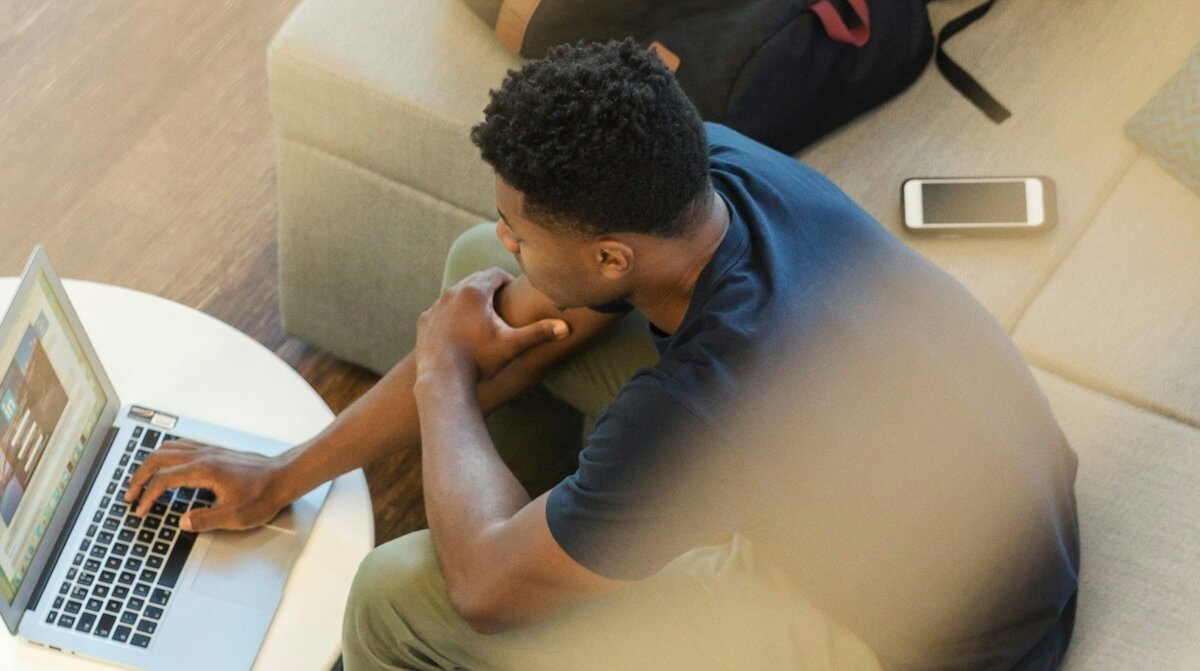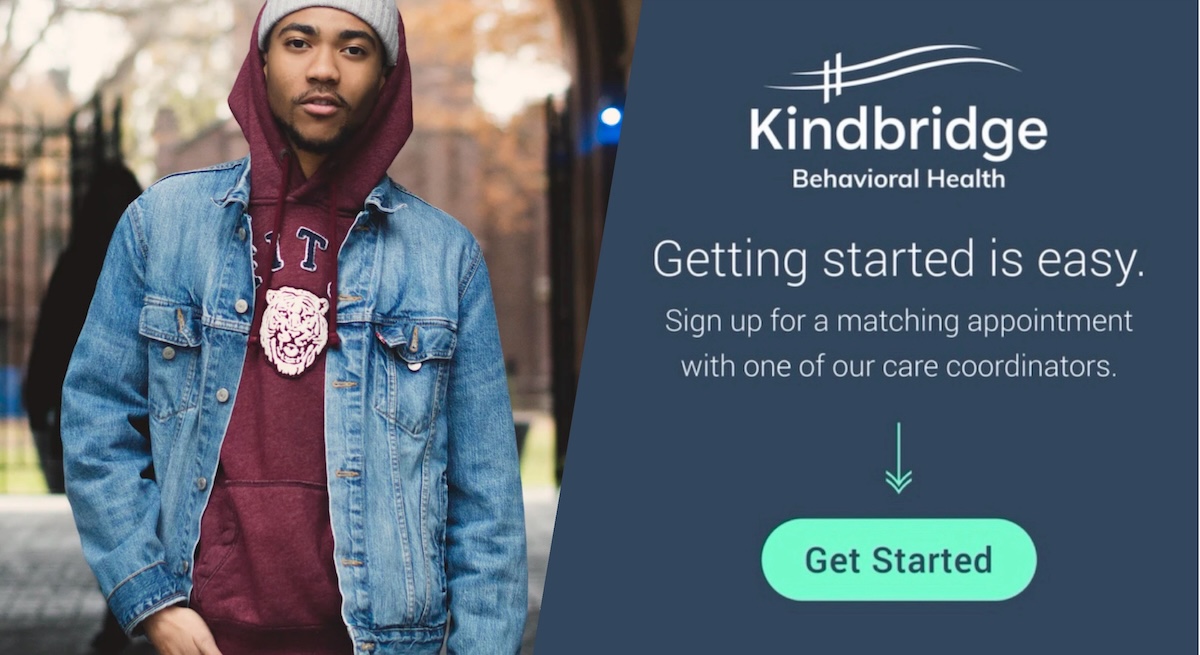Did you hear about the big college basketball tournament? No, it’s not March Madness. Instead, a new NCAA Division I men’s college basketball event was just announced for the 2024 Thanksgiving weekend (subject to change). The tournament is called the Players Era which will be played in the MGM Arena in Las Vegas. It will host eight teams in 2024 before expanding to 16 in 2025.
On the surface this news sounds exciting for fans of college basketball. However, there’s a catch. The tournament will pay out $1 million in NIL deals to each participating team, and another $1 million in NIL deals to the winner. The NIL money will reportedly be shared with the schools’ NIL collective, which will be apportioned out to the players of each given team. This recent news piles on top of a swath of new NIL deals that have been reported across America early in 2024. It doesn’t look like the money train will slow down anytime soon.
For the uninitiated, NIL stands for Name, Image, and Likeness as it pertains to NCAA athletes. In June of 2021, the NCAA DI Board of Directors approved a NIL policy that allows all NCAA D1, D2 and D3 student-athletes to be compensated for their NIL, regardless of whether their state has a NIL law in place or not.
While there are certainly benefits to the program, there are also a number of potentially negative consequences to consider, namely for the mental health of student athletes. Kindbridge Behavioral Health has covered this concern extensively in the past, which you can read right here. However, in light of recent news regarding the Las Vegas tournament, in addition to feedback that is coming in as the new age of NIL develops, an update is called for. Please keep reading.
Additional Information as to Why Current NCAA NIL Deals Are Problematic for Student Athlete Mental Health
Athletes Already Reporting Mental Health Issues Due to NIL Deals
This month (March 2024) Atlanta Falcons running back Bijan Robinson opened up about his experiences with NIL deals from when he played as a Texas Longhorn. Instead of relishing in earning income (worth $1.8 million) from his personal brand, Robinson admonished the program because of the impact that it had on his mental wellness:
“‘It became like really stressful for me to live with the brand news’ he states upon being asked about the impact of juggling multiple roles. Further revealing the grueling run of student-athletes, Bijan Robinson sheds light on the challenges NIL deals carried. ‘There was a point where like, I wasn’t talking to my mom. I was gonna talk to her like, once every, like three weeks. And it was because I was not trying to ask my mom, like, I felt I was just too tired, mentally and physically. And, you know, for me, there was a point in time when you know that stuff really, you start thinking like, Why? Why am I doing all this stuff?’ The constant reminders proved to take a toll on the athlete’s mental health. This is where the football star knew he had to stop and realize, that saying ‘no’ was quite alright.”
Essentially Sports via Sports Illustrated
Adding Sanction Concerns to Athlete Anxiety and Stress
If a star athlete positioned to earn nearly $2 million on their NIL (above) opted out of the program due to compromised mental health based upon pressures to perform for a given brand, imagine what throwing NIL related sanctions at athletes and their programs will do? That’s exactly what has been happening.
In January of 2024, the NCAA announced sanctions against the Florida State football program because a member of its coaching staff connected a prospect with a booster collective that works closely with the Seminoles. The collective made a specific offer to the player, who was considering transferring from his current school to Florida State. Penalties that arose from the case included two years of probation for the FSU program, a three-game suspension, and a show-cause order for the assistant coach, disassociation from the booster for three years and the NIL collective he represented. The real victim in all of this, however, is the player who the sanction was centered around. The player may not have been the one penalized from a legal or organizational standpoint, but to suggest that his mental wellbeing wasn’t compromised in his involvement in all this would be ignorant. Recognizing the ludicrousness of penalizing a young athlete in cases of this nature, a federal judge recently granted a preliminary injunction that prohibits the NCAA from punishing any athletes or boosters for NIL deals during their recruiting process or while they are in the transfer portal.
Regardless of how the current injunction plays out (it’s not the final ruling) situations such as this shed light on how NIL deals have severely complicated the life (and mental health) of young American male and female student athletes. Don’t they have enough on their plates?
Las Vegas, Really?
It’s important to circle back to the news about the Players Era college basketball tournament that was just announced for 2024 and beyond. It’s an example of how there needs to be better considerations and regulations in place regarding player protections in NIL deals.
Dangling a potential $2 million prize purse in front of athletes to make and win the tournament is enough to add stress to their already heavy mental health burden. But putting the tournament in a casino environment in the gambling capital of the world? Do the powers-that-be really think that’s acceptable? Over the last few years research has confirmed that young athletes are more vulnerable to problem gambling than the general population. Unless the PTBs have been hiding under a rock, this information cannot be considered new news. The NFL even knows how dangerous exposure to player gambling triggers in Sin City can be. In advance of the 2024 Super Bowl in Las Vegas the league introduced a policy to prohibit Super Bowl players not just from betting on sports while in the city, but from participating in any form of casino gaming.
Again, the recent news of the $2 million Players Era tournament in Las Vegas NV serves as a prime example of how the NIL policy must evolve. This evolution must protect not just the financial interests of players, but their mental health too, if not more so.
More to come as the story develops.
Concerned Students, Parents, and Educational Institutions
CALL +1 (877) 426-4258
OR


